The animation style of The Ancient Magus Bride caught my attention, but its themes grabbed my thoughts. The show has a sense of wonder to it. Magic is a wonderful–sometimes dangerous–but always awe-inspiring part of the world. Through magic, the lonely Chise comes to know the strange magician Elias. At its heart, The Ancient Magus Bride is a love story and a story about connection. In fact, connection sits at the core of most anime stories.
It’s really not a surprise that loneliness appears so often in anime. In most stories, the lonely protagonist has something different about them that makes people stay away. Chise sees magical creatures. Naruto possesses the Nine-Tails. Inuyasha is a half-demon. In each case, the differences drive people to abuse and avoid them. Loneliness is, perhaps, one of the pervasive feelings today. Social media burst into popularity because it appeared to be a remedy for the disconnection we feel in our too-busy lives. Loneliness associates with the lack of personal relationships and general connection to others (Holladay, 1997). The anime community also developed from this desire for connection.
Studies of social media are mixed. Most point to how social media increases loneliness. In a study of 754 American adults, those that spent the most time online reported deeper feelings of loneliness than those who spent less (Stepanikova, 2010). As to whether the Internet contributes to this feeling of loneliness or people who are lonely are drawn to the Internet is a matter of debate. I suspect it’s both. Other studies suggest social media helps those who deal with social anxiety and other “social skill deficits.” The mixed results suggest the motives behind social media use and the mindset of the people using it determines the impact on loneliness (Ryan, 2017).
It’s too easy to blame social media for the pervading sense of loneliness many of us feel. As anime likes to point out, it’s the structure of society and people’s expectations that creates loneliness. Chise isn’t accepted because of her odd behavior and her constant fear. Instead of trying to understand what was going on with her, people avoided her and bullied her. That shows a breakdown in society more than an issue with her. Naruto makes this even more overt with a law that encouraged people to avoid him as a child. Although anime points out how both Chise and Naruto are different from others, teens and many adults feel different from others. We delude ourselves to believe we are more or less capable than others. This contributes to why social media makes many feel more isolated. Social media provides a polished, often fake, face: vacation photos, photos of doing this or that, tweaked profile images, and the like. We, however, sit in our heads, knowing our faults and “boring” lives that we compare to this often fake facade. Chise and Naruto do this in their own ways, comparing themselves to what they deem normal or capable.
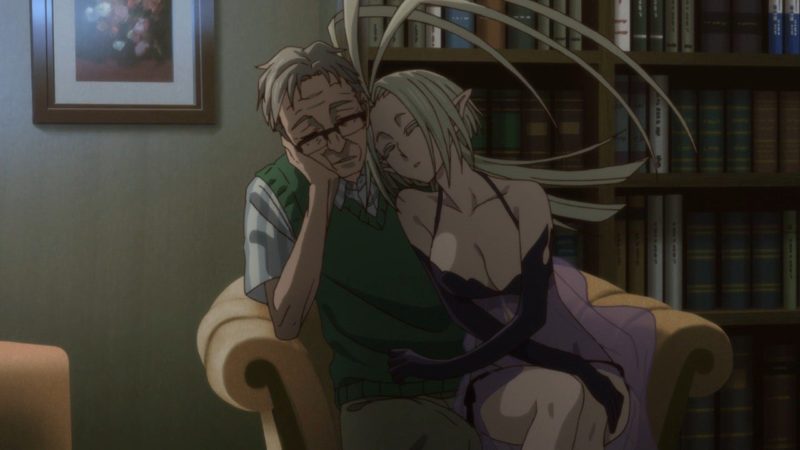
In The Ancient Magus Bride, Chise finds a group of people who accepts her for her. In fact, her ability to see magical creatures is normal. Naruto changes society’s perception of him, leading them to accept him. Both are possible, even necessary paths, for us to combat the pervasive loneliness in modern society. Each of us need to find groups of people who accept us and even see us as normal. The anime community, for example, provides a place for those who enjoy manga, anime, and Japanese pop-culture. Society needs to also change. Much of our loneliness comes from a lack of leisure time. Leisure time, as opposed to free time, is time spent in the pursuit of hobbies and self-improvement. Modern society mistakenly believes leisure time isn’t as important as work-time. However, leisure provides the space for new ideas and innovations that improve businesses and lives. It provides space for reflection and changing behaviors that hurt society. Leisure leads to new businesses if you want to look at its value from a purely economic view. Of course, in the past, leisure was spent with others. All of which reduces the feeling of being alone and separate from others.
This doesn’t absolve us from improving ourselves, however. Loneliness has some degree of personal responsibility. You can’t expect people to reach out to you without first reaching toward them. Chise, for the most part, falls into this trap. She didn’t try to reach out to people or explain herself. Chise’s passivity rarely works. Her life didn’t change until she decided to sell herself. As a decision, it’s rather foolish, but it is the first act she made to truly change her loneliness. Naruto, however, constantly tried. He also faced constant rejection until he found a small core of friends. We just have to face rejection as we search for our place, and search we must.
Despite the mostly negative affects of social media, the Internet is useful for finding connection if it’s used well. That means using it to set up face-to-face interactions. Of course, this can be dangerous, but the Internet can’t substitute this. As an introvert, I use the Internet to protect my limited social energy. I know many people who want my time. But many people, perhaps even you, have the opposite problem. In that, social media can be useful for finding groups of like-minded people.
Well, with all that said, I should probably give The Ancient Magus Bride a bit of a review. Chise’s dependence troubled me at first, but I enjoyed how she develops. Elias becomes quite interesting as the story progresses too. Don’t look for a lot of action in this one, but the themes and sheer sense of wonder the story endeared it to me. Beyond Chise and Elias’s loneliness sit the themes of loss and what it means to be human. Luckily, it lacks the usual dense shonen romantic elements that annoy me so much. Rather, the story teems with reflection and thoughtfulness. Dark moments balance with humor that doesn’t annoy, which is a plus for the story. Far too many anime have annoying comedy. Give this story a chance and think on loneliness as you watch.
References
Holladay, S., Crutcher, K., Gustavson, K., Jones, J., Laughlin, L., & McKown, S. (1997). Older adults’ motives for mediated interpersonal communication: An examination of telephone communication and loneliness. Communication Reports, 10, 173–183.
Ryan, T., Allen, K., DeLoeon, G., McInerney, D. (2017) How Social Are Social Media? A Review of Online Social Behaviour and Connectedness. Journal of Relationships Research. 8 (8) 1-8.
Stepanikova, I., Nie, N.H., & He, X. (2010). Time on the internet at home, loneliness, and life satisfaction: Evidence from panel time-diary data. Computers in Human Behaviour, 26, 329–338
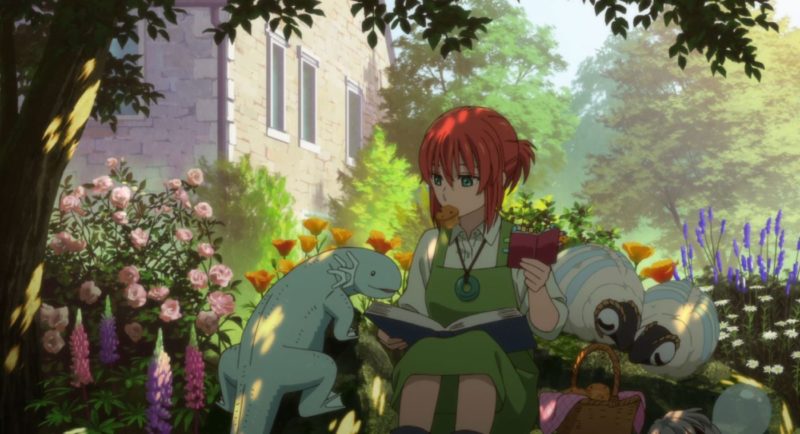
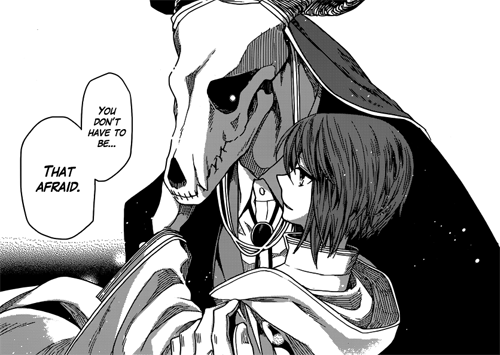
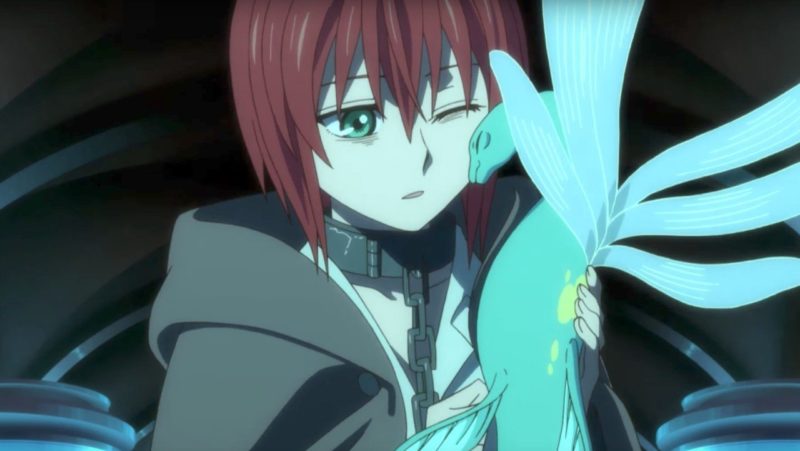
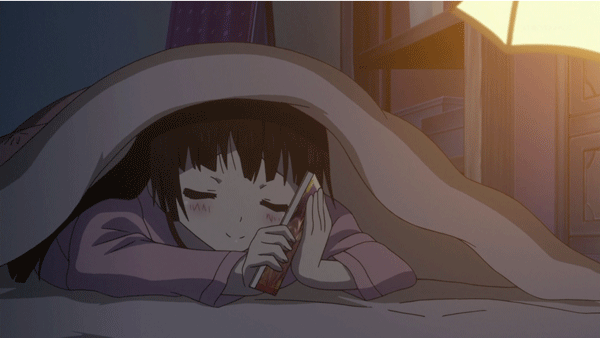
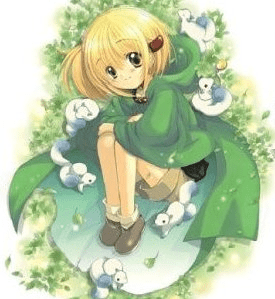
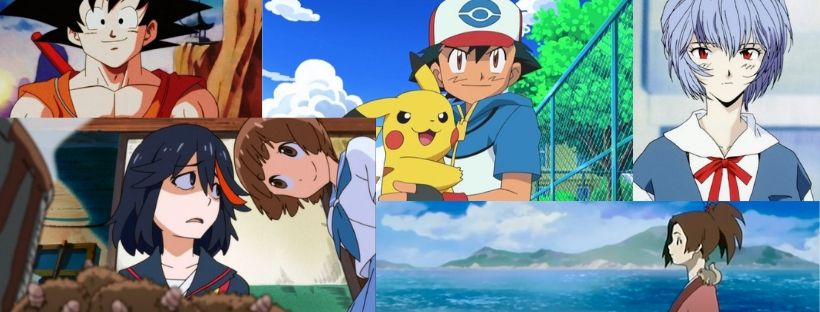
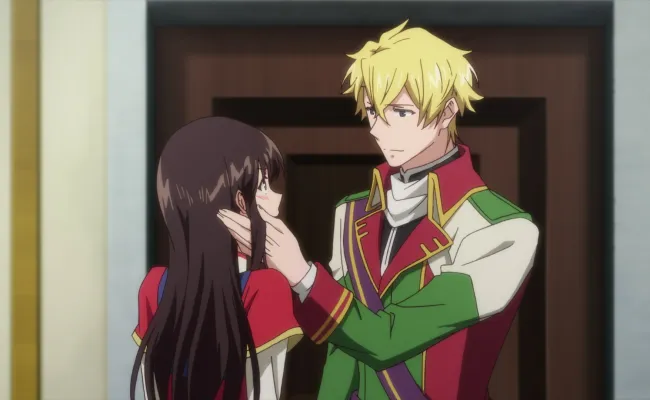
Thanks for writing about The Ancient Magus Bride. I felt that Kore Yamazaki, the mangaka, crafted a realistic look at Chise’s depression re: the circumstances of her loneliness. Her constant “trying hard to help others” behavior stemmed from that. I also liked how the series shows the effort both partners need to make when in a relationship together.
Also, the Cartaphilus/Josef character had a bad case of loneliness too due to society not understanding his immortal being.
I’m about to start Volume 10 of the manga, since it covers Chise and Elias’ stay at a college focused on magic training. I feel that this series is about the real magic of life – the relationships you have with what’s around you (people, places, things, etc.)
The series has great characterization.”Magic of life” is a good phrase. The anime struck me with its sense of wonder about everything. It’s great to see considering how dark so many stories are nowadays.